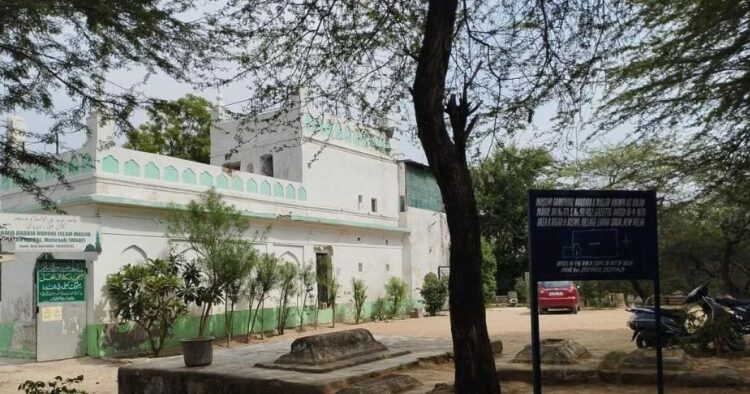The Waqf Board, established in 1964 to manage and develop waqf properties, has long been a subject of controversy in India. Operating under Article 30 of the Indian Constitution, the board is responsible for administering properties deemed as waqf, which includes those used for religious or charitable purposes over an extended period. While the Central Waqf Board oversees all waqf properties, State Waqf Boards manage properties at the state level.
Allegations of Encroachment
The Waqf Board has often faced allegations of acquiring lands and public spaces by designating them as waqf properties. Concerns have been raised that if a mosque or a shrine (mazar) is established on a piece of land and religious practices begin there, the board may claim the property under its jurisdiction.
A recent viral video has reignited this debate, showing a mazar built on a flyover in Delhi. In the footage, a maulvi (cleric) asserts that the shrine has existed for generations. However, conflicting reports indicate that the flyover itself was constructed in 2010, raising questions about the legitimacy of the religious structure.
According to a 2009 report by a Joint Parliamentary Committee led by K. Rehman Khan, the Waqf Board controls around four lakh registered properties and six lakh acres of land across the country. This raises concerns over how a board originally meant for minority welfare came to possess such vast tracts of land.
Supreme Court’s Order on Illegal Religious Constructions
The Supreme Court, in a September 2009 ruling, prohibited the construction of illegal religious structures in public spaces. The order directed state governments to review existing structures and take necessary action to remove unauthorized ones.
Despite this directive, the Delhi High Court criticized the Religious Committee of Delhi in 2016 for its inefficiency in addressing illegal religious constructions, which have led to delays in infrastructure projects.

















Comments